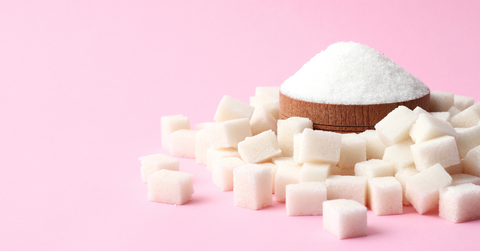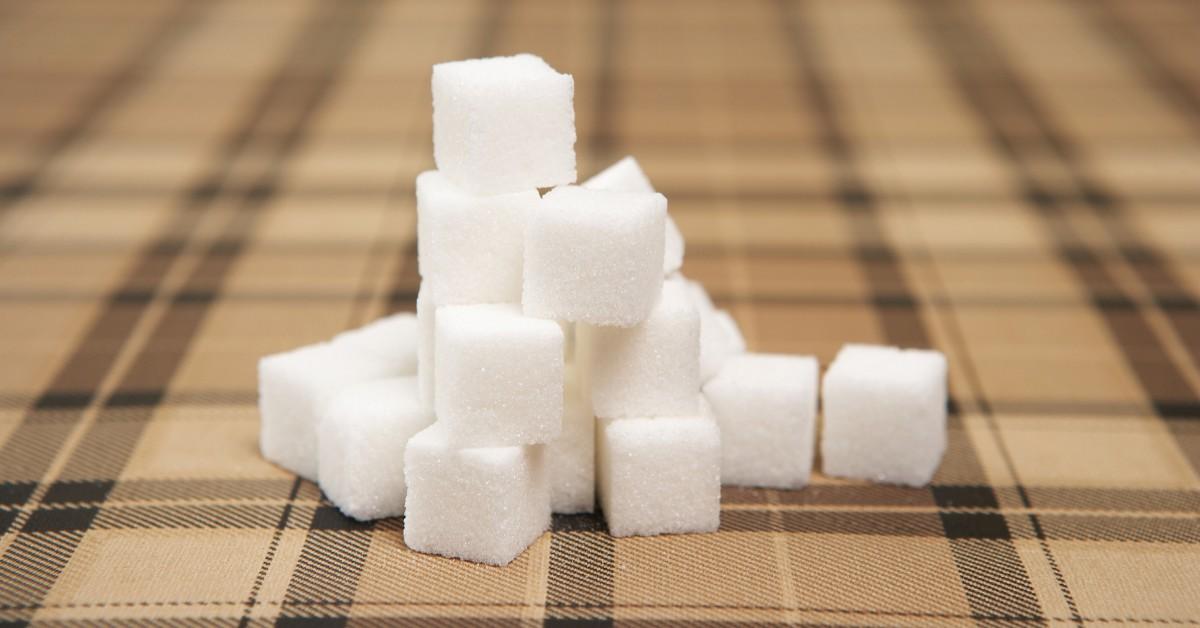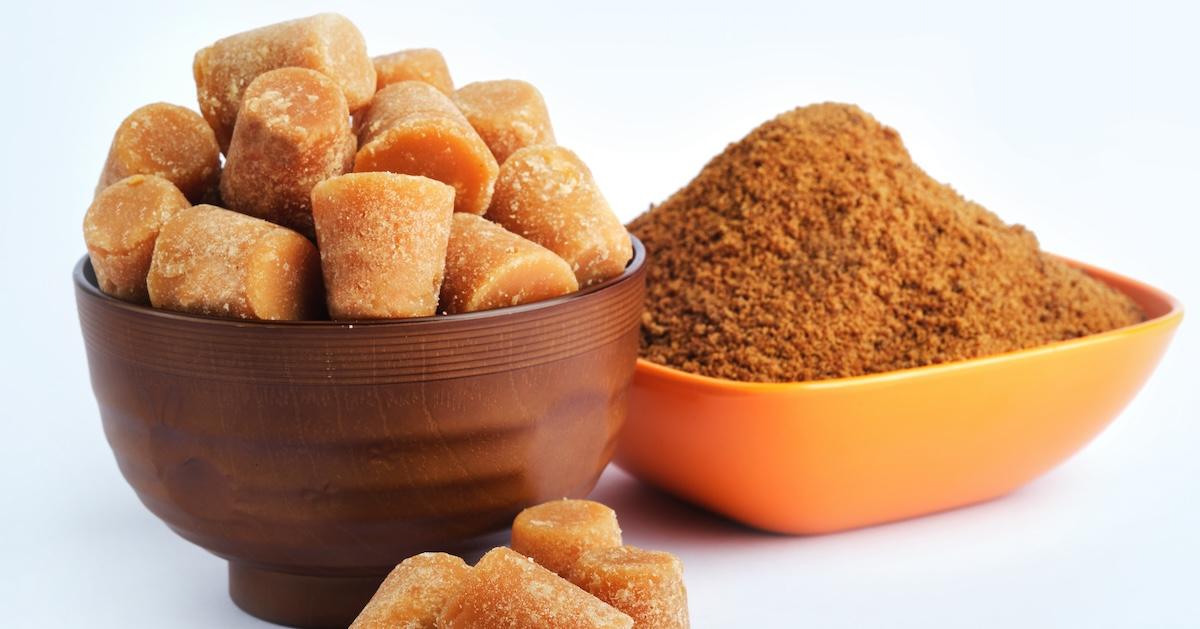Study Connects Xylitol to Heart Attacks — Check Out These Natural, Xylitol-Free Sweeteners
Xylitol is a popular low-calorie sweetener and can be used in everything from sugarless gum to candy.
Published June 7 2024, 1:45 p.m. ET

Those looking to count calories by using the sugar alternative xylitol may want to take notice after a study found that the artificial sweetener may be linked to increased risk of some serious health complications.
The study, conducted by the European Society of Cardiology and published by Oxford University Press, was published on June 5, 2024.
Is xylitol bad for you?
According to the research, yes, there is evidence that xylitol can negative health effects.
Dr. Stanley Hazen, a senior author of the study, told CNN how the health volunteers who participated in the study saw a 1,000-fold spike in glucose levels, a marked increase over what you'd see with the consumption of refined sugar, which he says only bumps levels between 10 and 20 percent. That intense sugar rush isn't the only complication Dr. Hazen warns of, either. He says those who consume high levels of the sweetener may also be at an increased risk of stroke, heart attack, and even death.
This is because xylitol (aka birch sugar) and some other low-calorie alternatives may cause blood platelets to clot more easily. When these clots break off, they can travel to the heart causing a heart attack, or make their way to the brain which can result in a stroke. But, don't worry if you rely on sugar alternatives to keep your blood sugar or weight in check, because there are some non-xylitol sweeteners on the market as well.

Allulose
According to GoodRx, this sweetener is naturally occurring in a variety of fruits like kiwi and figs. Since it is only found in small amounts in these fruits, it's considered extremely rare, but that doesn't mean that it's hard to find! Allulose can be purchased a variety of places, including Amazon.
Agave
Not only can agave satisfy your sweet tooth, but agave sweetener may actually help you stay healthy since it contains vitamins like B2, B6, B9, according to WebMD, all of which can help boost your immune system. While this plant-based sweetener does have more calories per serving, much less of it is needed since it's naturally sweeter than some other sugar alternatives.

Jaggery
Jaggery, which is used widely across Africa and Southeast Asia, is made from sugar cane or date palm. The product is typically only minimally refined, meaning it still naturally contains molasses. For this reason, per Healthline, jaggery is also known as non-centrifugal sugar. Jaggery, aka gur, typically sold as cubes or powder.
Applesauce
While it may sound a bit controversial, applesauce can make a great sugar alternative when baking. Of course, if you're watching your sugar intake, you may want to buy natural sugar-free applesauce — or even make your own, so you will know exactly what's going into your applesauce before you use it in your cooking.
What sweeteners contain xylitol?
If you're looking to avoid xylitol, here's a list of a few popular xylitol-based sweeteners to watch out for.
- Health Garden Birch Xylitol Sweetener
- Kate Naturals Pure Xylitol Sweetener Powdered
- Now Foods Xylitol
- Sweet Nature Birch Xylitol Sweetener
- BochaSweet Sugar Substitute
- Designs for Health Xylitol Powder
- Dr. John's Simply Xylitol Sweetener
- Epic Dental Xylitol Sweetener.